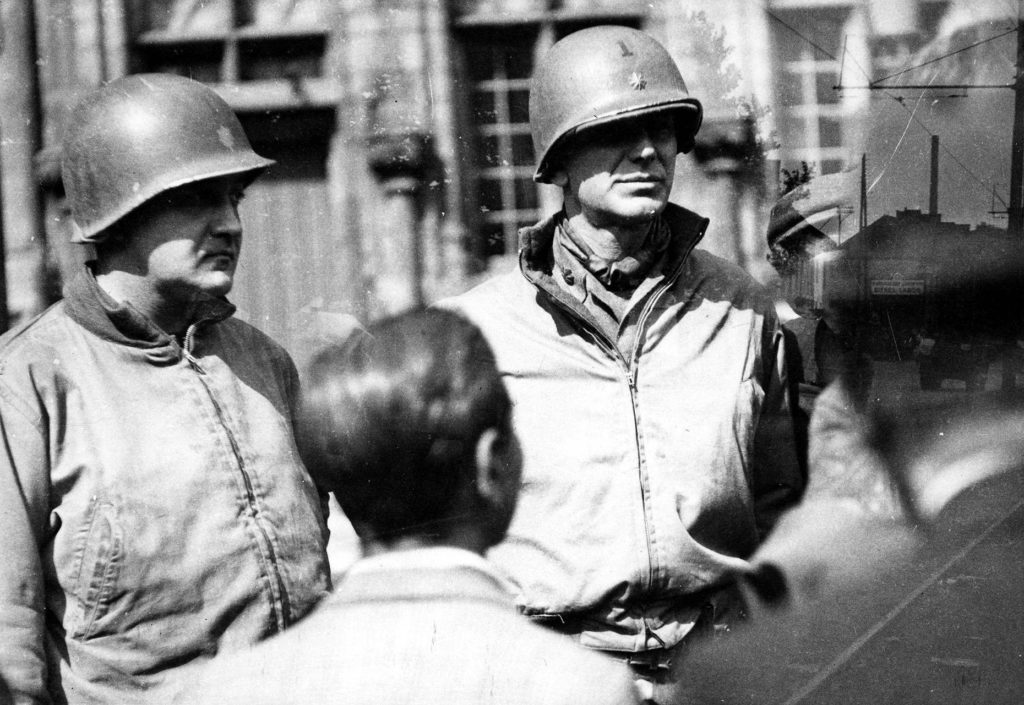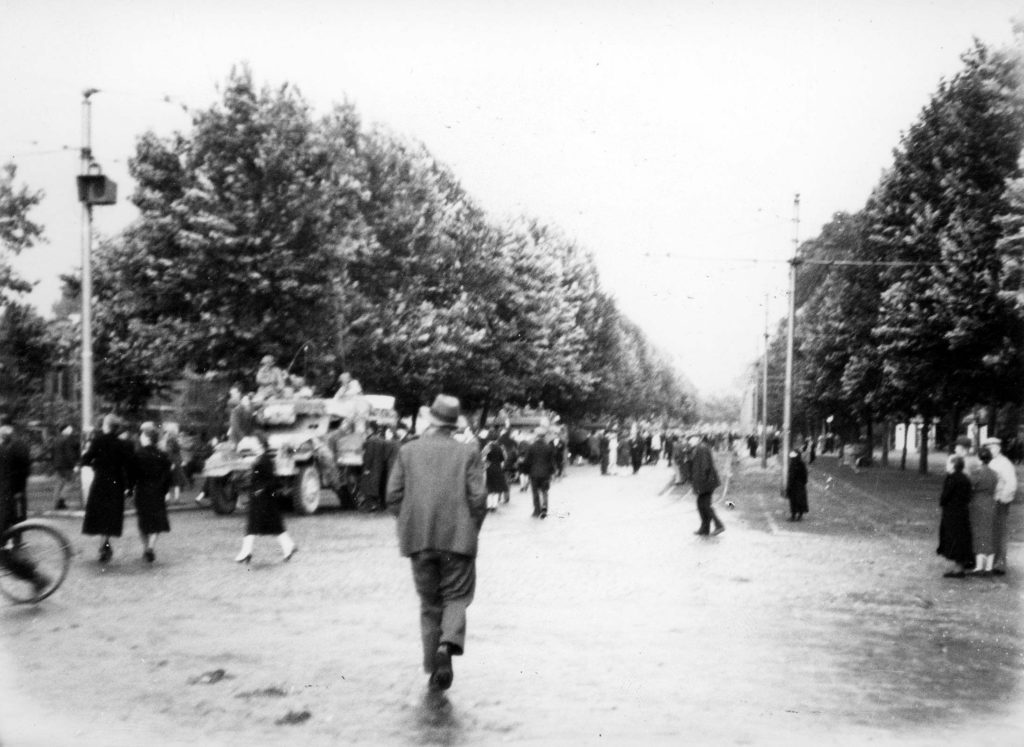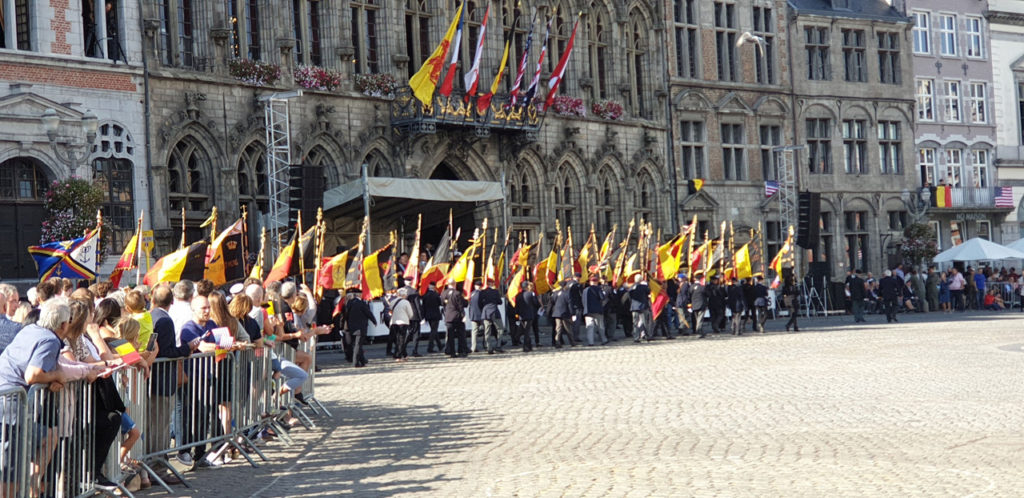For three quarters of a century, or so, two Belgian cities – Mons and Tournai – have been competing for the honour of being the country’s “first liberated city”. The question is not only symbolic. For a time, a third Belgian city also fought for the title: Chimay. But according to history, this claim does not at all comport to reality.
The question of the chronology of the liberation is important. To be the first liberated Belgian city would increase history related tourism. Between the two cities of Hainaut – Mons and Tournai – it’s a question of hours, perhaps minutes.
For the allies, the timeline is equally important because of the rivalry between the two liberating armies. Originally, in Eisenhower’s plans, the liberation of Tournai was assigned to the XXXth British Corps. However, faced with dwindling German resistance, American General Omar Bradley could not resist the temptation to assault the flagging enemy forces with “his” 2nd Armoured Division, thereby pulling the rug out from under the British. A Task Force made up units of the 30th Infantry Division entered the area at around 19:45 on 2 September (the British, rather frustrated, only appeared on the 3rd, around 9:30-10:00). So, was Tournai the first Belgian city to be liberated? No.
For, on that very same day – 2 September – at around 18:25, tanks of the 83rd Armoured Reconnaissance Battalion of the 3rd Armoured Division had already managed to reach the outskirts of Mons, the capital of Hainaut, at the crossroads of the Chaussée Brunehaut, breaking through increasingly feeble German defensive lines. But it wasn’t until the next day, 3 September, that the city center was liberated with the assistance of the Belgian resistance.

With the help of Fédération Wallonie-Bruxelles and in partnership with CEGE-SOMA.



